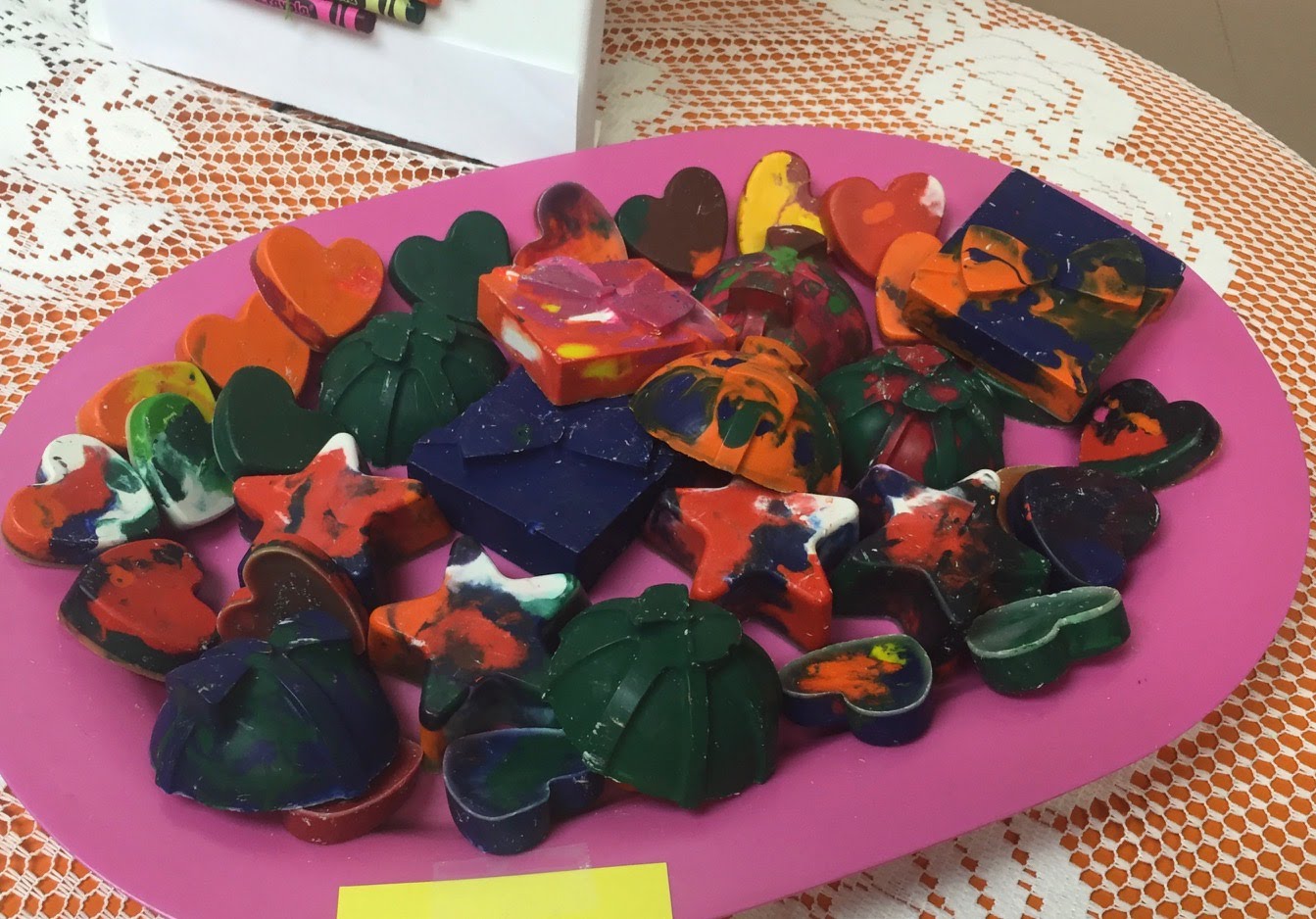PASS Program
Providing Academic Student Support
“PASS” Methodology Intervention
Phase 1: Pre-placement includes the after school homework activities prior to “PASS” placement (e.g., YACG staff ensure that a less intensive and/or restricted “PASS” intervention is monitored).
Phase 2: Orientation focusing on instruction. At this phase, YACG staff begin to teach “PASS” classroom expectations, monitor and reinforce positive behavior and homework discipline strategies completing a homework assignment. YACG staff identifies youth’s academic work strengths and weaknesses, including but not limited to social skills and behavior. Phase 2 is brief and helps to identify each youth’s needs (e.g., academic needs and behavioral needs).
Phase 3: Inclusion and Maintenance move the youth from the “PASS” classroom into a more specific resource setting. YACG staff monitor the youth on a schedule designed to meet the youth’s needs (e.g., reinforcement of positive behavior is a key component of this phase).
Phase 4: Aftercare encourages students to move on to self-monitoring. Youth who have successfully participated in “PASS,” and become independent and responsible for completing “PASS” expectations, are encouraged to be mentors and role models to other youth.
“PASS” programming combines the above four (4) phases to assist the youth in the development of self-management skills, responsibility and independence. It also targets intensive social skills instruction with behavior monitoring and coaching support for the youth and the teacher.

kindergarten through Second graders being amused themselves with the STEM/STEAM project
children’s using their own talents, creativity and imagination experiencing the changes of colors, and shapes.
YACG educational approach to STEM/STEAM is a well structure educational methodology that will promote access to all type of youth, including but not limited to under-represented diverse population of youth to use their own creativity while learning. As STEM focuses primarily on scientific concepts, STEAM encourages the creative process to learning within an art-based, perceptual & visual learning. Through YACG implementation of both methodological approach, our staff facilitate youth to engage creatively with the concepts making new and exciting connections and think critically, problem solve between the ideas & drive these ideas towards creating something new. YALC implement goals and objectives to evaluate results on youth learning and progress. Parent’s connection meeting are established to strengthen parent’s participation on their youth educational needs and accomplishment.
In education, the acronym STEM stands for the disciplines of science, technology, and engineering and mathematics.
STEAM adds creativity, imagination which add art to the mix. STEAM makes connections between concepts and solving problems in new and exciting ways through language, design and visual-arts.
STEAM makes connections between concepts and solving problems in new and exciting ways through language, design and visual-arts.
The program offers a positive approach, not only to the youth’s academic success, but also to support, inspire and encourage the youth to find his/her own hiding potentials, such as artistic talents.
What does “PASS” bring to the table? The “PASS” methodology is to manage the youth’s behavior and help identify youth-at-risk behavior. “PASS” incorporates a non-levels-based, individualized approach that provides explicit teaching of behavioral expectations in mainstream settings. In turn, “PASS” uses a “Functional Behavior” methodology with daily and weekly behavioral analysis to guide intervention. Depending on the youth’s academic and behavioral needs, the approach of “PASS” methodology implements the following four interventions:
“PASS” Methodology Intervention
Phase 1: Pre-placement includes the after school homework activities prior to “PASS” placement (e.g., YACG staff ensure that a less intensive and/or restricted “PASS” intervention is monitored).
Phase 2: Orientation focusing on instruction. At this phase, YACG staff begin to teach “PASS” classroom expectations, monitor and reinforce positive behavior and homework discipline strategies completing a homework assignment. YACG staff identifies youth’s academic work strengths and weaknesses, including but not limited to social skills and behavior. Phase 2 is brief and helps to identify each youth’s needs (e.g., academic needs and behavioral needs).
Phase 3: Inclusion and Maintenance move the youth from the “PASS” classroom into a more specific resource setting. YACG staff monitor the youth on a schedule designed to meet the youth’s needs (e.g., reinforcement of positive behavior is a key component of this phase).
Phase 4: Aftercare encourages students to move on to self-monitoring. Youth who have successfully participated in “PASS,” and become independent and responsible for completing “PASS” expectations, are encouraged to be mentors and role models to other youth.
“PASS” programming combines the above four (4) phases to assist the youth in the development of self-management skills, responsibility and independence. It also targets intensive social skills instruction with behavior monitoring and coaching support for the youth and the teacher.
Click here to add your own text